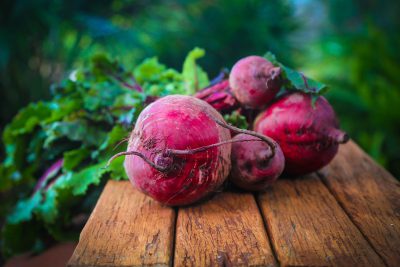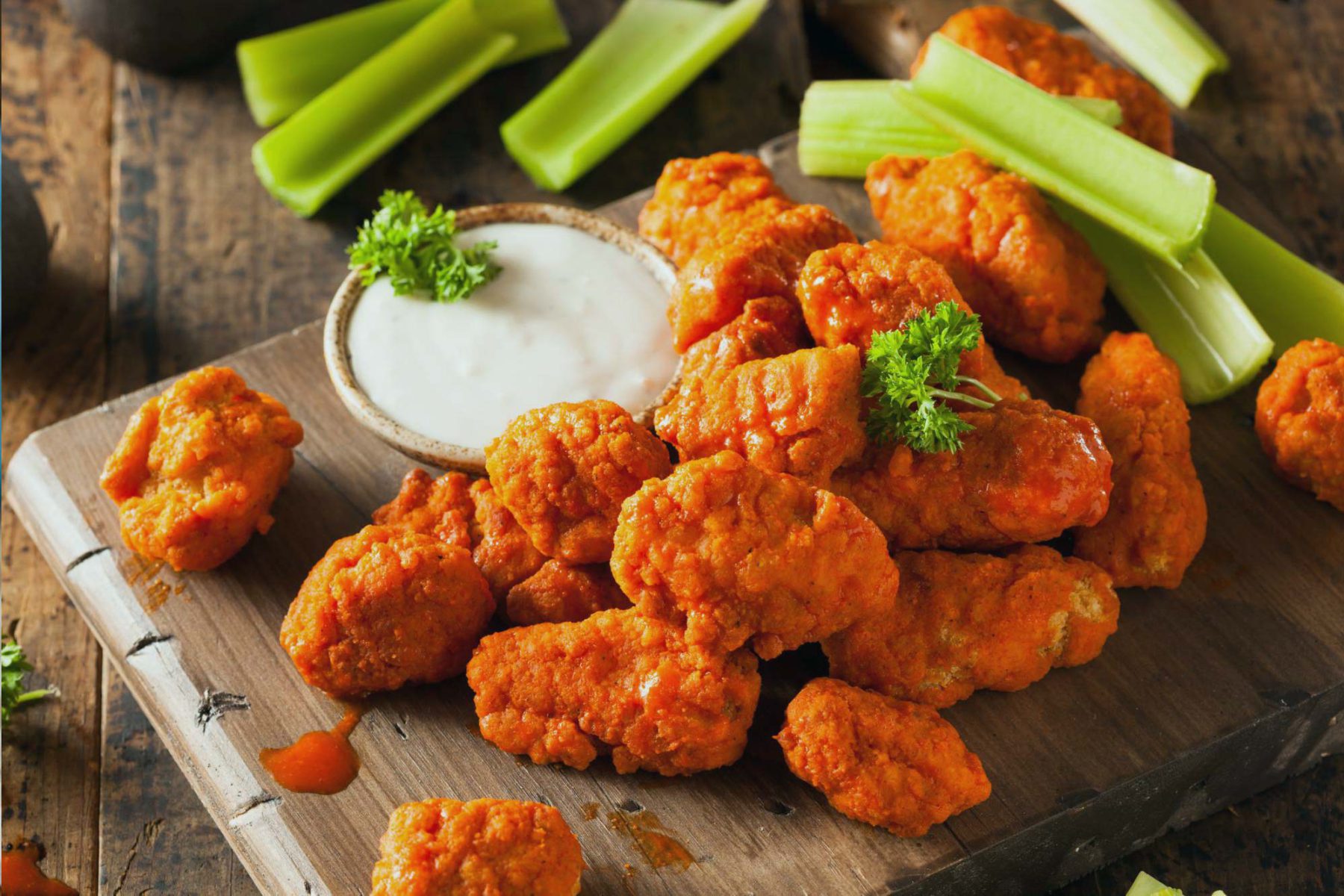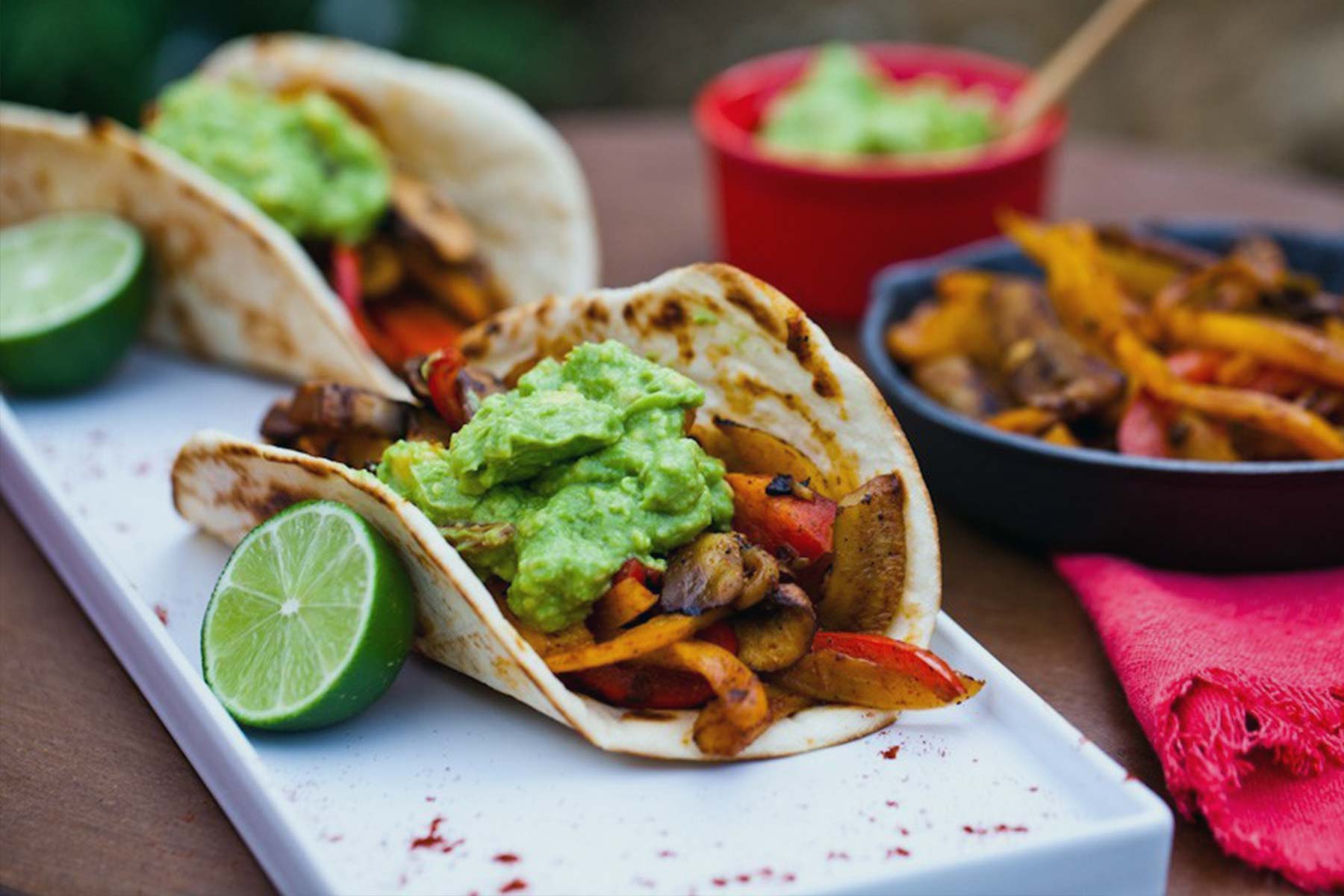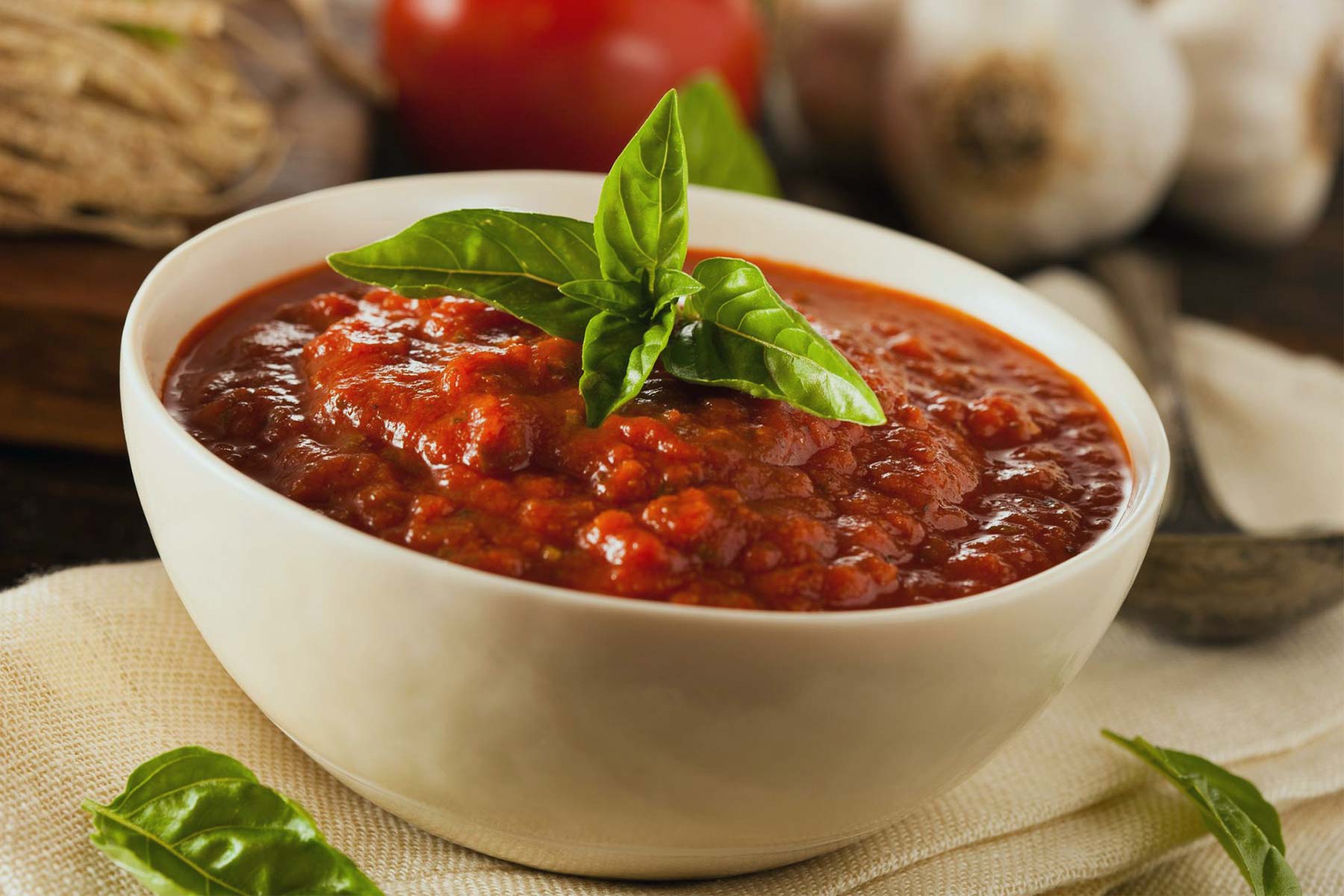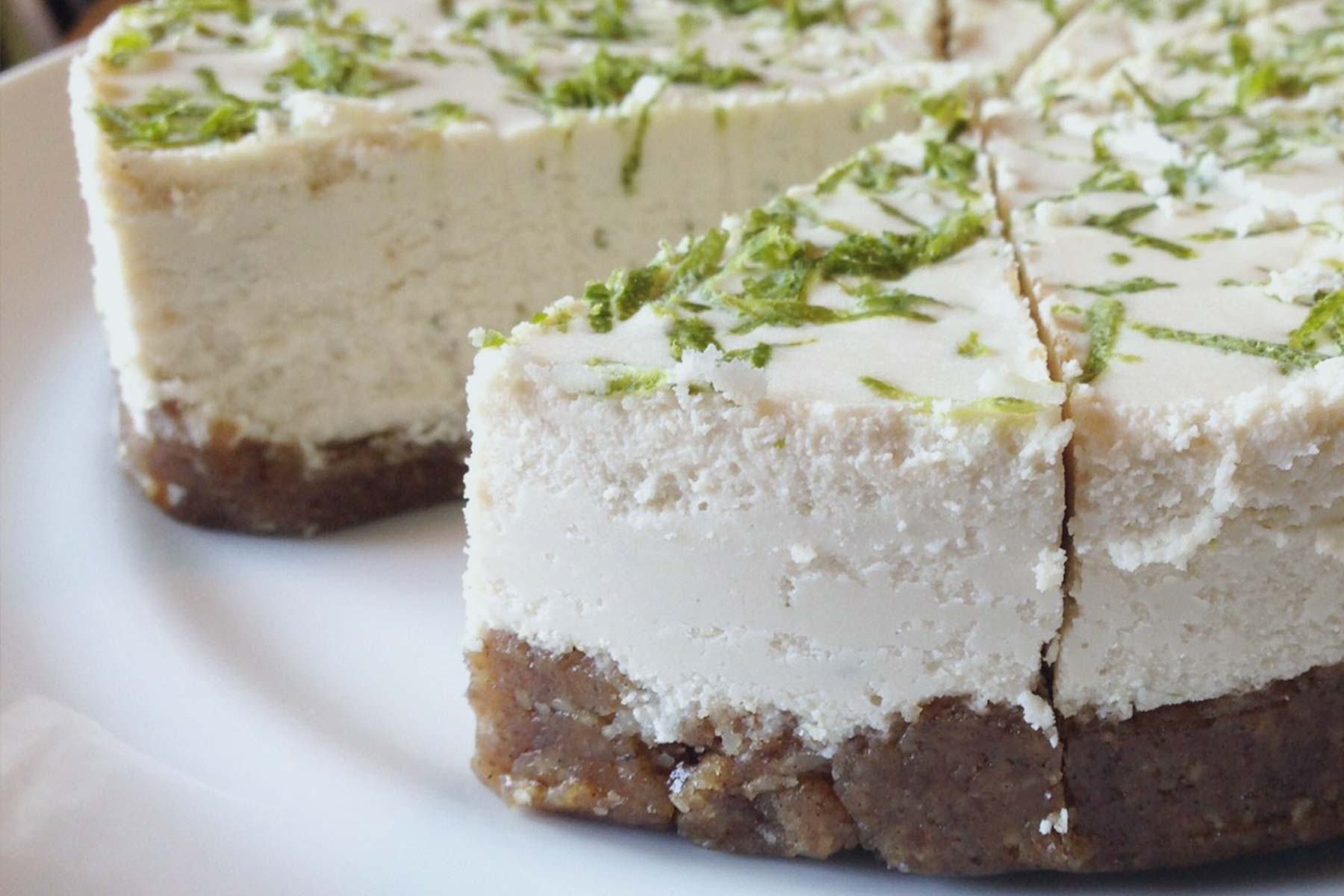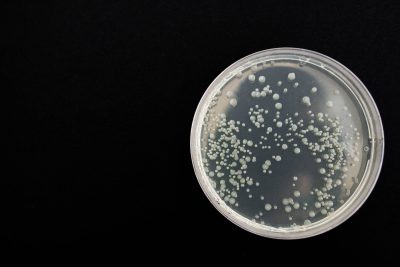We cannot avoid every bacteria, virus, fungi and parasite that could cause us sickness, but we can ensure that our immune systems are fighting fit, and ready to act should they be challenged by invading pathogens. Our immune systems need to be strong but they also need to be smart. They must fight the bad guys to win, but first they must know who the bad guys are, and not overreact and attack our own bodies by mistake when we eat a food we haven’t tried before. Strong immunity depends on getting regular good sleep, reducing stress, exercising, not smoking and limiting alcohol but it also depends on our diet. Since our immune systems include the trillions of immune-modulating bacteria residing within our guts, it is no wonder the foods we eat are pivotal to good health.
What Are Signs Of A Weak Immune System?
If you go down with one bug after another, it could be that your immune system is weak. Perhaps you get every cold going round, or you develop bronchitis, meningitis, pneumonia or skin infections, or you regularly suffer digestive problems or blood disorders.
A blood test can verify whether your immune system is compromised but there are things you can do right now to support your own immune system, and help you fight off infections. One of those is to examine the way you eat.
20 Best Foods To Boost Immune System
The best immune-boosting foods are plants. Studies show that after just two weeks on a plant-deficient diet, immune function plummets but if you build plants back in, immunity is kick-started again and will be fighting fit in no time at all. The key to developing strong immunity is to eat as many different plants as possible. Tim Spector, Professor of Genetic Epidemiology at King’s College London, says we should eat 30 different types of fruits and vegetables every week because different plants contain different micronutrients. And these power-packed plant foods have been shown to be just what the doctor ordered:
- Cruciferous vegetables
- Garlic
- Beets
- Nutritional yeast
- Mushrooms
- Wakame seaweed
- Green tea
- Spinach
- Sweet potatoes
- Guavas
- Sunflower seeds
- Almonds
- Toasted wheat germ
- Watermelon
- Miso
- Jerusalem artichokes
- Oats
- Pomegranate
- Ginger
- Turmeric
Cruciferous vegetables
Cruciferous vegetables – like broccoli, cauliflower, kale, Brussels sprouts, cabbages, rutabaga, and collard greens – have been found to contain an important phytonutrient that supports and protects our gut lining, and provides a front-line defense against intestinal pathogens. These vegetables are also a fantastic cancer-fighting family of foods, while broccoli can not only dramatically boost the activity of the detox enzymes in our livers, but also help us fight against air pollution.
Garlic
In a study that examined which vegetables most effectively control cancer growth, garlic came out on top. It was the number one most powerful food against seven of the eight cancers tested: breast, brain, lung pancreas, childhood brain, prostate and stomach, and was the second most powerful food against the final cancer tested: kidney. All that and it keeps vampires away, too.
Beets
Research has shown that beets slow down the growth of cancer cells by more than 50 percent. Incredible! This powerfully positive impact applies to breast, lung, prostate, stomach and pancreas cancers, and beets were found to be especially powerful against brain cancer cell growth.
Nutritional Yeast
This food, much loved by vegans, contains a compound called beta-glucans which studies show can increase the levels of Immunoglobulin A (IgA) – an antibody that plays a crucial role in the immune function of our moist membranes – including eyes, nose and mouth. Studies have found that while the nutritional yeast did not prevent adults getting colds, their symptoms were milder. But, during times of stress – whether that is extreme exercise or psychological stress – nutritional yeast really comes into its own, and then it does reduce the incidence of colds.
Mushrooms
In places, our guts are just one cell thick – and that is all that separates us from the toxins in the outside world. Our best defense here is the antibody IgA. One study showed that after one week of eating about one cup of white button mushrooms a day, IgA production jumped by 50 percent and stayed elevated for a week.
Wakame Seaweed
Studies show that wakame seaweed can quadruple the replication potential of T cells, which are an important part of our defense system. One study found that 2g of pure ground wakame was enough for all patients suffering with various kinds of herpes (including the types that cause cold sores and shingles) to see a significant reduction in – or a total disappearance of – their symptoms. This superfood also boosts antibody production, making it a fantastic immune-boosting all-rounder.
Green Tea
The compounds in green tea have been shown to be effective in combating the Human Papilloma Virus (HPV) when applied topically, but green tea when drunk also works well against flu viruses. In one study, health workers who were given green tea compounds came down with the flu three times less than their non-tea-drinking colleagues. Incredibly, just gargling with green tea also reduces the incidence of influenza sevenfold in the elderly.
Spinach
In a study of which foods slow down various kinds of cancers, spinach was the most effective across the board. It wasn’t the most powerful against any one type of cancer but, unlike the other foods tested, it was effective against them all – including breast, kidney, brain, pancreas, prostate, stomach, and lung.
Sweet Potatoes
Beta-carotene is a powerful antioxidant that can reduce inflammation and boost immune function by increasing disease-fighting cells in the body. So, where do we find it? In carrots, squash, apricots and cantaloupe melons but sweet potatoes have the most per serving of any food.
Guavas
Guavas are among the superfoods that contain the most vitamin C – a potent antioxidant that supports both the innate and adaptive immune systems (the one we are born with, and the one that develops as we grow). Vitamin C deficiency results in impaired immunity and higher susceptibility to infections but by eating vitamin C-rich foods we can both prevent and treat respiratory and systemic infections. (The two foods with more vitamin C per serving than guava are acerola cherries and rosehips, but these are not so easy to find.)
Sunflower Seeds
Another potent antioxidant is vitamin E. It is found in every cell membrane in the body and protects cells from oxidative stress. Research indicates that people over 65 suffer reduced rates of the common cold and other upper respiratory infections when taking vitamin E supplements. Per serving, sunflower seeds come out on top.
Almonds
Almonds also contain a good amount of vitamin E but studies show that it is the skins of almonds that best support immune system function when it is dealing with a viral infection. So, don’t blanch your almonds, kids; eat them whole!
Toasted Wheat Germ
Zinc supports the growth and normal functioning of immune cells, and even a mild deficiency can slow down our immune response leaving us susceptible to viruses and bacteria. When toasted, one serving of wheat germ contains 43 percent of our recommended daily intake.
Watermelon
Glutathione is an antioxidant that plays a pivotal role in the reduction of oxidative stress, metabolic detoxification, and the regulation of immune system function. This powerful antioxidant is most plentiful in the red, pulpy area of the watermelon near the rind.
Miso
Studies show that miso – the fermented bean paste common in Japanese cuisine – lowers the risk of cancer, hypertension, inflammation, lifestyle-related diseases, and even prevents aging. Miso is a probiotic, which means it contains bacteria that are beneficial to our guts. Recently, T. halophilus – a lactic acid bacterium in miso – was shown to regulate immune cells.
Jerusalem Artichokes
Not to be confused with probiotics, prebiotics are types of dietary fiber that pass through the gastrointestinal tract undigested, but feed the friendly bacteria in your gut along the way. In doing so, they help support immunity. Jerusalem artichokes provide about 2 grams of dietary fiber per 100 grams, 76 percent of which comes from the helpful prebiotic inulin.
Oats
Like nutritional yeast, the humble oat contains beta-glucans, which increase the levels of antibodies and, researchers say, “plays an important role in providing resistance to bacterial and parasitic infections”. Oats also offer antioxidant and anti-inflammatory protection due to their phenolic acid content. A double whammy of goodness.
Pomegranate
Pomegranates are one of the oldest known edible fruits, and both pulp and seeds are rich with “potent antioxidative, antimicrobial, and anticarcinogenic properties”. They are also anti-inflammatory, which is great news given that many major diseases – including cancer, heart disease, diabetes, arthritis, depression, and Alzheimer’s – have been linked to chronic inflammation (an over-zealous response by the immune system that continues long after infection, injury, or exposure to a toxin has ended).
Ginger
Research shows fresh ginger contains antioxidants that scavenge free radicals, the unstable atoms that can cause damage to cells and lead to illnesses and the aging process. It is also anti-inflammatory, and can reduce the symptoms of osteoarthritis and other inflammatory conditions. Ginger also has antimicrobial potential which can help in treating infectious diseases.
Turmeric
Curcumin is the orange-yellow component of turmeric, and modulates the immune system in many ways – through the activation of T cells, B cells, macrophages, neutrophils, natural killer cells, and dendritic cells. Even at low doses, curcumin can enhance antibody responses and has been reported to be beneficial in cases of arthritis, allergy, asthma, atherosclerosis, heart disease, Alzheimer’s disease, diabetes, and cancer.
What Foods Are Bad For Your Immune System?
It will come as little surprise that ultra-processed foods, sugars, sweeteners and preservatives – all things we already consider to be junk food – reduce the diversity of gut bacteria. Alongside these, the Physicians Committee for Responsible Medicine says that red meat and high-fat dairy products should also be avoided as they reduce the growth of healthy bacteria and enhance the growth of ‘bad’ bacteria. For some people, any dairy products can lead to inflammation, a leaky gut, food intolerance and reactions that can negatively affect the immune system.
Refined oils are also problematic and take a toll on the immune system, so cold pressed oils should be chosen wherever possible.
Alcohol also compromises the immune system. It reduces the number of cells that fight infection, which increases susceptibility to pneumonia, sepsis and poor wound healing.
Can Plant-based Diets Actually Improve Your Immune System?
There have been very few studies that compared vegan, vegetarian and omnivore diets in terms of immunity but those that have been done have baffled scientists. We know that fruits and vegetables are immunity superheroes, and compared to nonvegetarians, vegetarians typically have a higher intake of these along with their immunity-boosting antioxidants and phytochemicals. And yet, to the great surprise of researchers, it has not yet been proven that vegans have stronger immune systems that omnivores.
What’s going on?
One theory is that the subjects studied so far have been young-to-middle aged adults, but the benefits to the immune system from a plant-based diet may emerge only during the stress of old age. Certainly, the data currently available strongly suggest that elderly vegetarians who have consumed a wide variety of plant foods most of their lives should experience enhanced immune function compared to nonvegetarians.
Another option is that vegetarians and vegans may not pay enough attention to their consumption of zinc, vitamin B12, and omega-3 fatty acids, all of which have been shown to be important for a healthy immune system.
More research is needed to explain this anomaly because vegans are definitely doing something right – they suffer less from many lifestyle-related diseases and they tend to live longer!
Conclusion
While there are many incredible superfoods that will help our immune systems function to their optimal ability, the real secret to powerful immunity lies in eating a wide variety of plants – around 30 different types a week.
If we get our diet right, and learn to manage stress, build exercise into our daily lives, and get good sleep, we could see real benefits. And while we can’t say yet that being 100 percent vegan gives greater immunity (though it could increasingly help us as we age), we know that plants hold the key to stronger immune systems. And, of course, those who are fully plant-based reduce the risk of suffering heart disease, type 2 diabetes, and some cancers, and are likely to live longer.
Sign up to receive our free Health & Nutrition Guide, and our delicious, healthy plant-based recipes, which contain many of these immune-boosting superfoods, including the Too Good To Be True Moist Kale Cake with Blueberry Frosting, our crowd-pleasing Baked Cauliflower Buffalo Wings, the super-satisfying Portobello Mushroom Fajitas, our favorite Marinara Sauce with Sweet Potato, and the amazing Raw Key Lime Cheesecake, made with almonds
